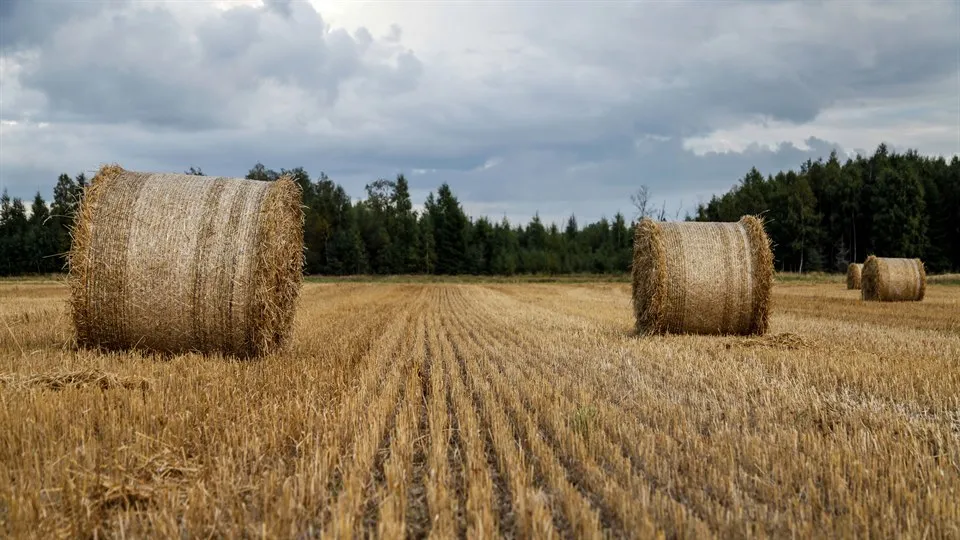Local procurement for a transition to a sustainable food system
Public procurement can contribute to e.g. public health and regional development by increasing the proportion of local, sustainable food. This project is expected to answer questions about legal and infrastructural barriers to increasing locally produced food in Härnösand municipality.
Our food production is crucial for a sustainable society. Municipalities handle large volumes of food purchases. National strategiess promote organic food production but there is still a lot to do when it comes to public procurement of locally produced organic food. All food production involves an environmental impact and it is different depending on the production conditions. From a global perspective, production in Västernorrland has an unusually small environmental impact. This means that what is not produced in the county will be produced elsewhere with a greater climate impact. Västernorrland's regional food strategy emphasizes the importance of using public procurement as a powerful tool for achieving regional sustainability goals. The long-term goal of this research project is to find an applicable model for what Härnösand municipality, and by extension other municipalities in Sweden, can concretely do to increase the proportion of raw material purchases from local food producers - and thereby reduce their carbon footprint, contribute to the local and national self-sufficiency rate, increase the proportion of jobs in sparsely populated areas and work towards goal fulfillment in Agenda 2030.
The project is expected to provide answers to questions such as:
- What foods are purchased today and in what volumes?
- What does the transport and logistics chain look like? Who delivers?, can the same wholesaler deliver local products or is a different solution required?
- What proportion of the purchased volume can potentially be produced in Västernorrland? And is it possible to replace non-local raw materials with locally produced raw materials that have an equivalent nutritional content?
- What is being done in other places to use local food procurement as a tool for the transition to sustainability? What can we learn from existing projects and what knowledge is ready for us to take part in?
Project leader

Project members



